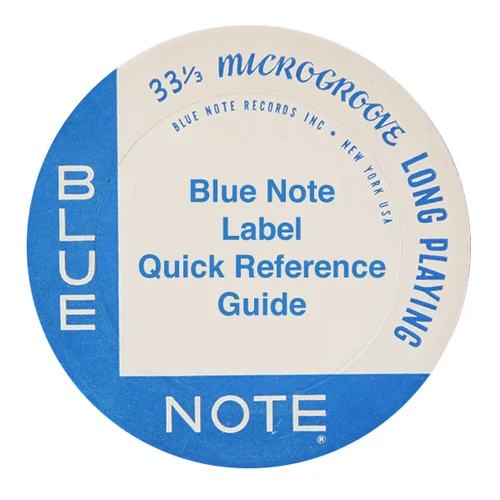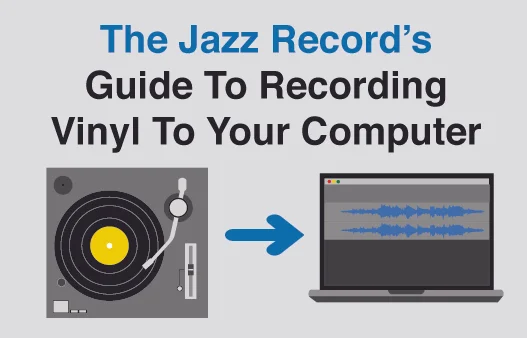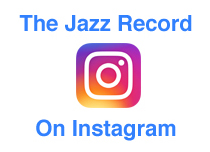Back To The Future: Dexter Gordon - "Homecoming"
/Dexter Gordon • Homecoming • 1977 • Columbia Records
Recorded December 11 & 12, 1976 at The Village Vanguard, NYC
The Selection:
The Tracks:
A1. Gingerbread Boy
A2. Little Red's Fantasy
B1. Fenja
B2. In Case You Haven't Heard
C1. It's You Or No One
C2. Let's Get Down
D1. Round Midnight
D2. Backstairs
The Players:
Dexter Gordon - Tenor Saxophone
Woody Shaw - Trumpet, Flugelhorn
Ronnie Matthews - Piano
Stafford James - Bass
Louis Hayes - Drums
The Record:
Dexter Gordon made three so-called "comebacks" over his long and distinguished career: the first in 1960 when he began his tenure with Blue Note after a battle with drug addiction, the third in 1986 when he was chosen to play the lead in 'Round Midnight and the second - which the double-LP Homecoming documents in fine fashion - was his triumphant permanent return to the United States after nearly 15 years in a self-imposed exile in Europe.
Dexter & Woody relaxing In Dexter's Hotel Room After Slaying The Crowd At The Greek Theater In California in 1977. Photo By Veryl Oakland.
Nobody, especially not Dexter himself, could have imagined the adoring reaction of the young American jazz fans who literally lined up in droves to see him perform upon his return to New York City. It's hard for us to imagine now, but Dexter had become a forgotten figure in the mainstream jazz world, the bop and hard bop style of jazz he helped pioneer had fallen out of fashion, pushed to the fringe as the more commercial leanings of fusion and smooth jazz became the flavors of the day. His return was not expected to make any waves in those lean years of modern jazz, even if played by a guy that influenced such legendary figures as Coltrane and Sonny Rollins. But make waves he did. As he says in the liner notes about his first return show at the Storyville club,
"That was just overwhelming, I've noticed that in Europe, where I live and work, there are a lot of new young jazz fans, but I wasn't prepared for this reception. What can i say? It made the heart glad."
And anyone expecting that the 53 year old tenor might have lost a step or two was quickly corrected in this thinking. The liner notes describe a scene at the Village Vanguard where Dexter's fellow jazz elder Charles MIngus (the two legends had played together as high schoolers in Los Angeles - now that would have been something to see!) watches him rehearse for his week-long stint at the club, urging him on with shouts and laughter, proclaiming,
"Yeah, yeah. You're gonna be teaching New York some stuff, man. Some lessons."
And while I am an admirer of Dexter's work (primarily his Blue Note output), the real draw for me in my quest to acquire this album was the presence of Woody Shaw. I'm a giant fan of his work, and the records he would make for CBS in the couple of years following the release of Homecoming are among the best that he recorded over his distinguished career (luckily original copies of these LPs can be had for a bargain, since they are still under-appreciated, or you can drop some serious dough and get the Mosaic box set that collects them all). Shaw was a great choice to play alongside the tenor legend, he was one of the only musicians still working in the realm of straight-ahead jazz in the 1970s, and he is often referred to as the last great innovator on the jazz trumpet.
Shaw's playing here doesn't disappoint, his fiery tone and focus complements Dexter perfectly. The respect he had for Shaw is apparent in his choosing to record two of the trumpeters compositions ("Little Red's Fantasy" and "In Case You Haven't Heard"). No disrespect at all to Dexter, but Homecoming is very much a Woody Shaw record, much of the brilliance of the record would be severely lacking without him.
The eight tracks on the album are all extended workouts clocking in at over 10 minutes each, which amounts to two tracks per side for the double-LP. This allows everyone to stretch out, with each performer taking turns soloing throughout. Gordon drops a lot of his trademark "references" in his solos, and the veterans Ronnie Matthews, Stafford James and Louis Hayes (all of whom had played alongside Shaw at various times earlier in the '70s) are all fantastic and add exciting and inventive solos throughout. Everyone is clearly drawing off the energy of the standing room only crowd and they are all at the top of their game, making Homecoming not only a great document of Dexter Gordon's return to America, but also one hell of a great modern jazz record.
The Vinyl:
Not much to say about the vinyl, it is your standard issue mid-'70s Columbia LP, most people have at least a couple of these in their collection, whether it be of the Miles, Herbie, Springsteen, Dylan or Johnny Cash variety. They are not considered particularly collectible (I grabbed Homecoming for $11), but as it goes these days many ask a premium price for the more well known albums, even those that sold millions of copies.
The sound is decent, but lacks a certain fullness, mostly - to my ears anyway - due to a lack of a distinctive low end on the recording. Still an enjoyable listen on the turntable, and I did a little A/B comparison with the album on Apple Music and honestly didn't notice more of rounded out sound with the Columbia/Legacy version.
When Homecoming was released in 1977, the appreciation of straight-ahead hard bop jazz was resigned to a group of die hard jazz fans, the mainstream had all but discarded it as a relic of the past. Yet as we have come to learn, the type of jazz music that has remained the most popular and influential to this day isn't fusion or the avant-garde, it is hard bop in all it's soulful and inventive glory, that has proved to be that lasting legacy of jazz from it's golden age. Once again, Dexter Gordon was an innovator, only this time he wasn't looking forward to the future, he was reminding us that great music never really fades away, it is always there just waiting to be discovered again by a new generation of fans.












